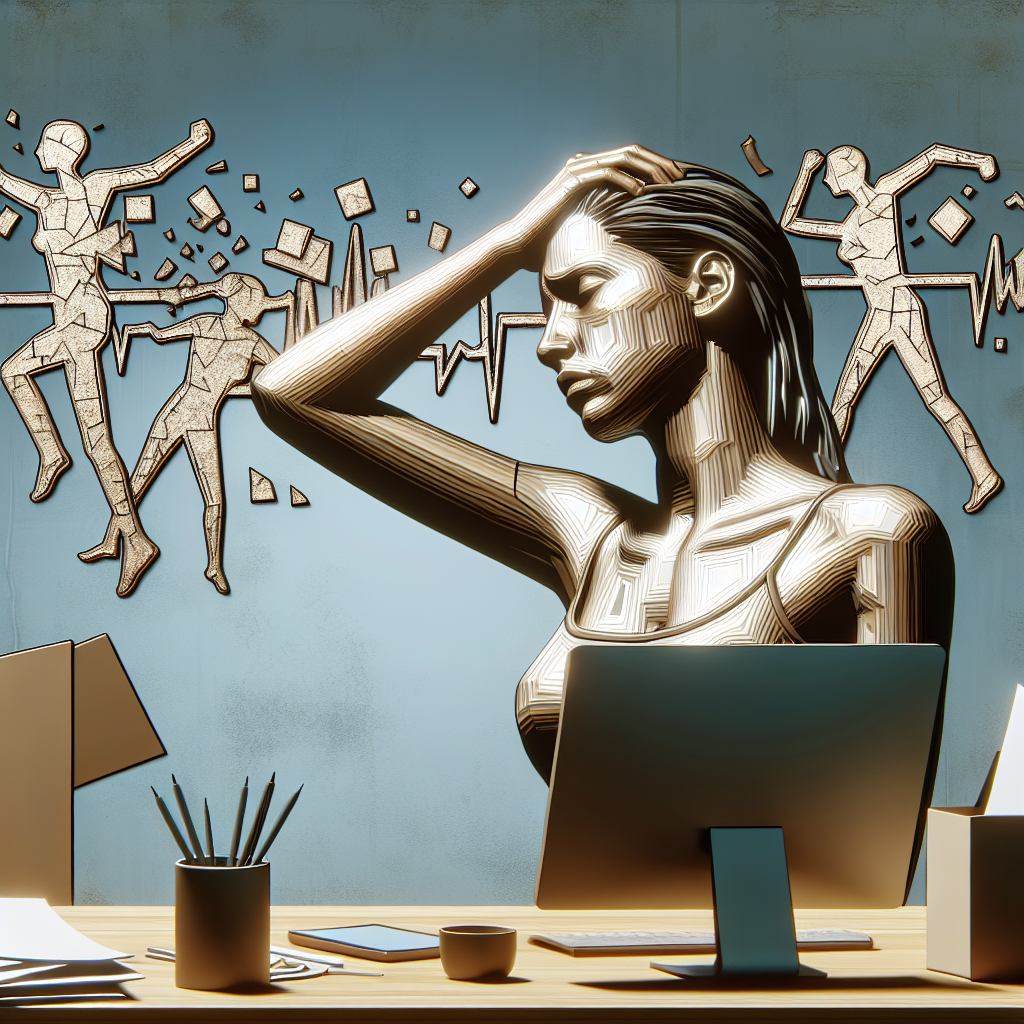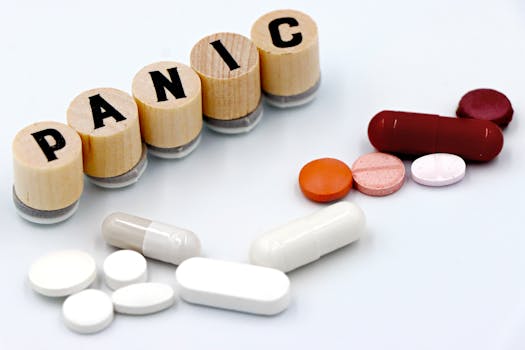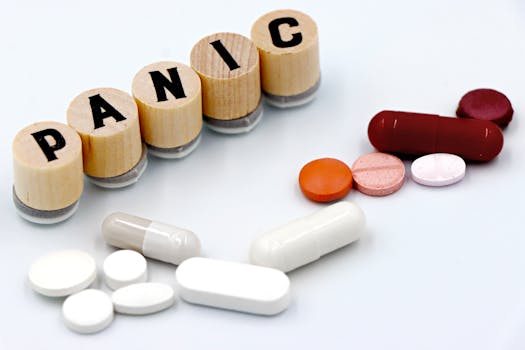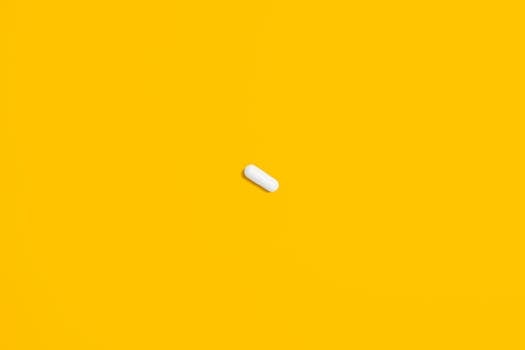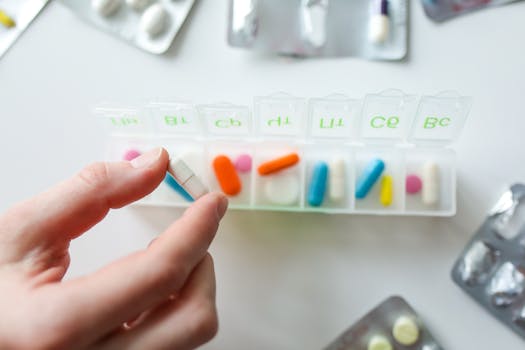If you’ve ever come out of a sudden panic episode feeling wiped out, you’re not imagining it — do panic attacks make you tired is a real and common concern. The rush of adrenaline, rapid breathing, muscle tension and emotional intensity during an attack can leave you physically and mentally drained for minutes to days afterward. Understanding why this happens and what to expect can help you recover more quickly and avoid anxious cycles that prolong exhaustion.
Do panic attacks cause fatigue?
Panic attacks are acute stress responses. During an attack your body shifts into fight-or-flight: heart rate increases, breathing becomes shallow or rapid, and muscles tense. This state is powered by adrenaline and other stress hormones, and when it resolves you often experience a rebound effect — an energy crash. The after effects of a panic attack commonly include fatigue, physical soreness, and difficulty concentrating.
How physical symptoms create tiredness
Several physical reactions during an attack contribute to feeling spent afterward:
- Hyperventilation or rapid breathing can cause dizziness and low carbon dioxide levels, leading to weakness and tiredness.
- Sustained muscle tension produces soreness and uses energy, which contributes to feeling exhausted after panic attack.
- Shaking during panic attack, trembling during panic attack, tremors during panic attack, or feeling shaky after panic attack are common and expend additional energy.
- Elevated heart rate and blood pressure put strain on the body, and the subsequent recovery can leave you mentally and physically drained.
Mental and emotional fatigue
Beyond the physical toll, the cognitive and emotional load of an intense fear episode can lead to post panic attack symptoms such as difficulty focusing, irritability, and sleep disturbances. Many people report being tired after anxiety attack or tired after panic attack because the brain needs time to downregulate and return to baseline. Worrying about further attacks or replaying the experience can prolong that recovery period, sometimes producing exhausted after anxiety attack or exhausted after panic attack feelings that linger.
Typical timeline and when to seek help
Fatigue immediately after an attack often improves within hours with rest, hydration, and calming practices. However, if you experience persistent symptoms—daytime sleepiness, ongoing tremors, or repeated episodes of heavy fatigue—you should consult a clinician. The National Institute of Mental Health provides clear information on panic disorder and treatment options, which can help you decide when to seek professional care: NIMH overview of panic disorder.
Practical steps to recover faster
Immediate and short-term strategies after an episode can reduce the intensity of after effects of an anxiety attack and support recovery:
- Slow, diaphragmatic breathing to rebalance oxygen and carbon dioxide levels.
- Find a quiet place to sit or lie down and focus on grounding—name five things you can see, four you can touch, three you can hear.
- Hydrate and have a light, balanced snack if you haven’t eaten in a while.
- Gentle stretching to release muscle tension caused by trembling during panic attack or tremors during panic attack.
- Allow yourself permission to rest; a short nap or relaxation period can normalize energy levels.
Longer-term, consider lifestyle adjustments that reduce overall anxiety and lower the frequency of attacks. Good sleep hygiene, regular physical activity, and limiting stimulants like caffeine help. You may also find structured strategies such as a digital detox useful to reduce constant overstimulation and anxious rumination; for guidance on that approach, see this practical guide to digital detox — how to reclaim your focus and reduce anxiety.
Managing post-attack symptoms and preventing relapse
Therapies such as cognitive-behavioral therapy (CBT), breathing retraining, and, in some cases, medication can reduce the occurrence and severity of attacks and the intensity of post panic attack symptoms. Tracking patterns—what triggers shaking during panic attack or what precedes episodes when you feel tired after anxiety attack—can reveal useful behavioral or situational changes to make.
Quick coping checklist
- Practice paced breathing (4-4-8 or similar) for a few minutes.
- Do gentle movement and stretches to relieve muscle tension.
- Hydrate, rest, and avoid bright screens until you feel calmer.
- Use grounding techniques to reduce rumination and accelerate mental recovery.
FAQ
Q: How long does tiredness last after a panic attack?
A: For many people, fatigue and grogginess resolve within hours to a day. If you experience ongoing tired after panic attack symptoms that interfere with daily life, consult a health professional.
Q: Can trembling or tremors after an attack be dangerous?
A: Trembling during panic attack or tremors during panic attack are usually temporary and related to adrenaline. If tremors persist or worsen, or are accompanied by other concerning neurological symptoms, seek medical evaluation.
Q: What helps prevent being exhausted after anxiety attack?
A: Regular stress-management routines, adequate sleep, reduced stimulants, therapy like CBT, and skills training for breathing and grounding reduce both the frequency of attacks and the severity of post-attack exhaustion.

